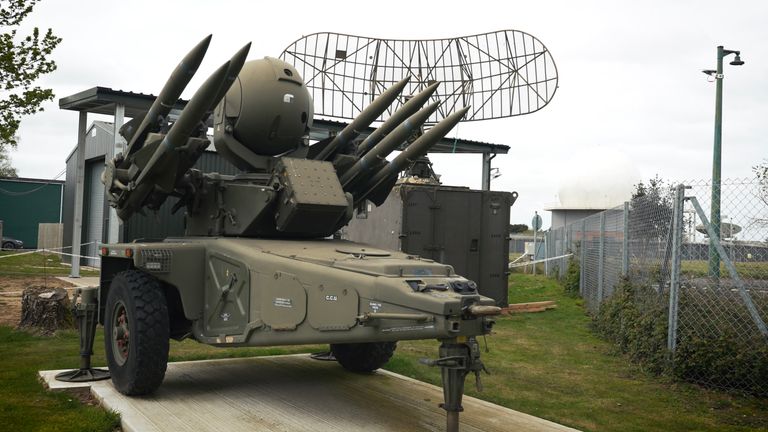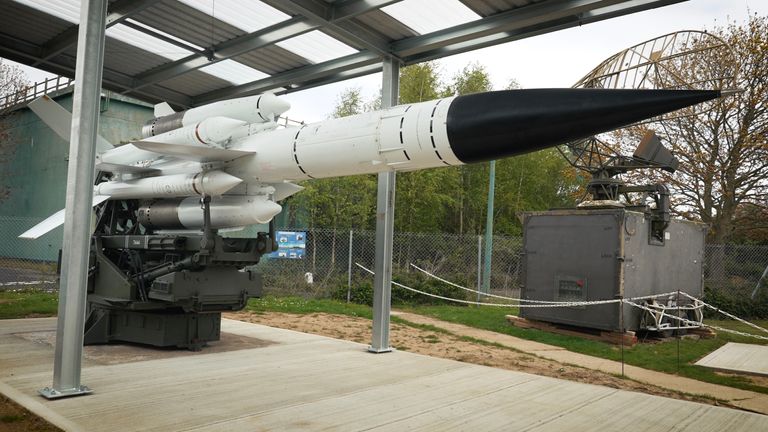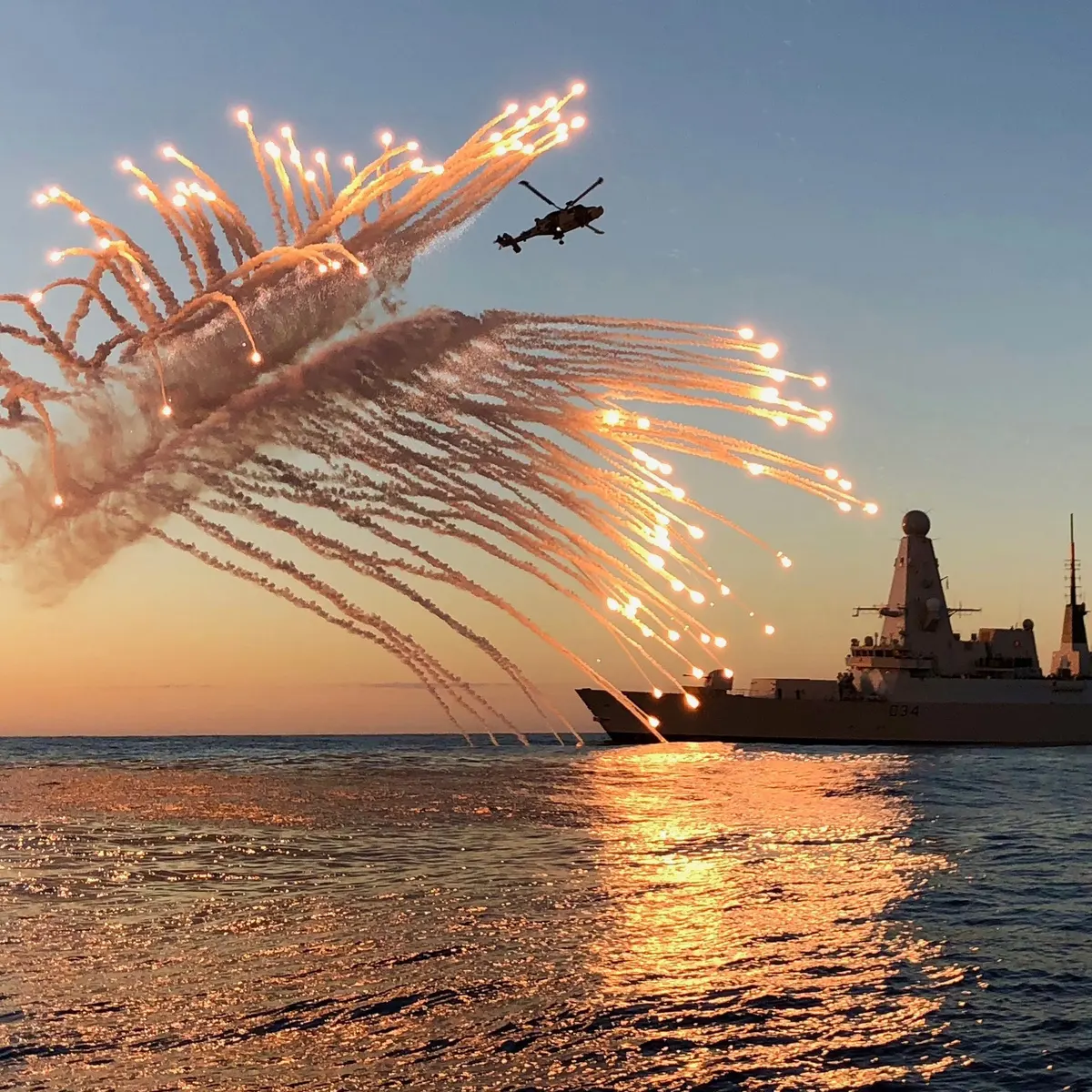Military sources and Cold War veterans have issued warnings about the increasing vulnerability of the UK to missile and drone threats, highlighting decades of cost-saving cuts that have eroded the country’s once world-class air defenses.
Defense chiefs are reportedly exploring options to rebuild Britain’s capacity to protect critical national infrastructure from Russian cruise and ballistic missile strikes, reminiscent of those devastating Ukraine. However, any credible plan for integrated air and missile defense would necessitate substantial investments, likely requiring a further increase in defense spending beyond the proposed rise to 2.5% of national income recently announced by the prime minister.
According to a senior defense source, the UK is currently unable to defend its cities adequately from aerial attacks, and there is a lack of public awareness regarding appropriate responses to air threats.
Visiting former air defense sites that played crucial roles during the Cold War, Sky News spoke to veterans who were part of the force responsible for responding to potential Soviet air threats. One such veteran, Robert Findlater, demonstrated a simulated missile launch from an old military base in Norfolk, showcasing the capabilities of the Bloodhound air defense missile system.

While the UK once boasted a formidable array of air defense systems, including ground-based missiles and fighter jets, these capabilities have been significantly reduced since the end of the Cold War. Successive governments have pursued cost-saving measures, resulting in the decommissioning of the Bloodhound missile system and reductions in air bases and fast jet squadrons.

Amid a growing threat landscape characterized by the proliferation of advanced missiles and drones, the UK’s current air defense capabilities are deemed insufficient by experts. The Royal Navy’s ballistic missile defense systems are limited in number, while ground-based air defense systems face deployment challenges and operational constraints.
Jack Watling, a senior research fellow at the Royal United Services Institute, described the UK’s air defenses as “woefully inadequate,” emphasizing the need for modernization and closer collaboration with NATO allies.
In response to concerns raised, a Ministry of Defence spokesperson reiterated the UK’s commitment to defense preparedness and close cooperation with NATO allies. However, the spokesperson’s statement underscored ongoing efforts to review potential opportunities for capability development and modernization in consultation with allies and partners.
As the UK confronts evolving security challenges, the imperative to bolster its air defense capabilities remains a pressing priority to ensure the protection of critical infrastructure and national security interests.
